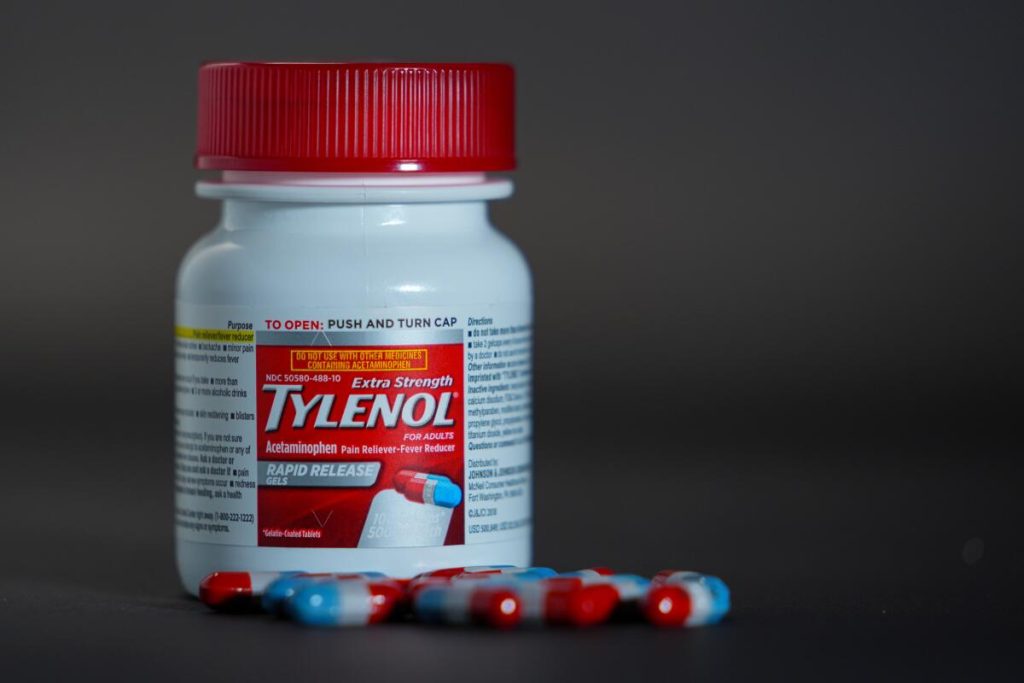On September 22, 2025, President Donald Trump and Health and Human Services Secretary Robert F. Kennedy Jr. held a press conference where they linked the use of Tylenol (acetaminophen) during pregnancy to an increased risk of autism in children. This assertion contradicts the consensus of the medical community, which maintains that there is no proven link between acetaminophen use during pregnancy and autism. The American College of Obstetricians and Gynecologists stated that there is no clear evidence proving a direct relationship between the prudent use of acetaminophen during pregnancy and fetal developmental issues.
Proposed Changes to Vaccination Schedule
In addition to the Tylenol claims, President Trump and Secretary Kennedy proposed significant changes to the childhood vaccination schedule. They recommended that the MMR (measles, mumps, rubella) vaccine be administered as three separate shots instead of the combined vaccine, and that the hepatitis B vaccine be delayed until age 12 or older. These recommendations have been met with criticism from public health experts, who argue that such changes could lead to decreased vaccine uptake and increased risk of preventable diseases.

Public and Scientific Backlash
The statements made by President Trump and Secretary Kennedy have sparked widespread backlash from the scientific and medical communities. Experts have emphasized that acetaminophen is considered the safest pain reliever option for pregnant women and that the current vaccination schedule is based on extensive research and evidence. The Food and Drug Administration (FDA) and the Centers for Disease Control and Prevention (CDC) have both reaffirmed the safety and efficacy of acetaminophen during pregnancy and the recommended vaccination schedule.
Impact on Public Perception
The controversial claims have also affected public perception, both domestically and internationally. In Europe, where acetaminophen is commonly known as paracetamol, many individuals were unaware of the brand name Tylenol and were surprised by the controversy surrounding its use. Some expressed disbelief that a widely used and recommended medication was now being questioned at the highest levels of government.
Legal and Financial Repercussions
The backlash has extended beyond public opinion, with potential legal and financial consequences. Kenvue, the maker of Tylenol, has faced a decline in stock value following the administration’s statements. The company has issued a statement reaffirming the safety of acetaminophen and has expressed concern over the potential for increased lawsuits. Legal experts note that while previous lawsuits linking acetaminophen to autism have been dismissed, the renewed public attention could lead to new legal challenges.

Conclusion
The recent statements by President Trump and Secretary Kennedy regarding Tylenol and autism have ignited a debate that intersects public health, science, and politics. While the medical community continues to assert that acetaminophen is safe when used appropriately during pregnancy and that the current vaccination schedule is based on sound scientific evidence, the controversy has raised questions about the influence of political figures on public health policy. As the situation develops, it underscores the importance of relying on scientific consensus and evidence-based practices in making health-related decisions, as well as the need for clear communication to prevent unnecessary fear and confusion among the public.

















